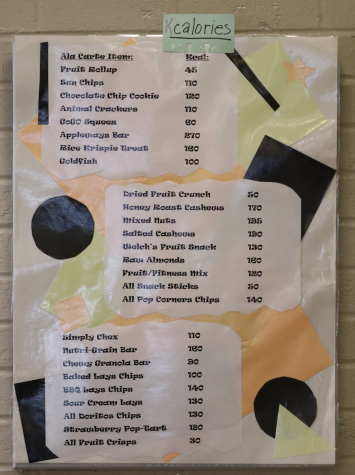Students react to Smarter Balanced Test
Juniors and staff give their input on how the Smarter Balanced testing seems to be affecting BHS
May 1, 2015
This week juniors began Smarter Balanced testing, a ten hour test broken up into four parts, and everyone involved has something to say about it.
Many students show negative feelings towards the new state-required test, complaining that they already have enough testing during this portion of the year as is. Junior Alexander Milette opted out of the testing for that reason.
“I took the SAT and have upcoming AP tests which is enough testing to begin with,” said Milette. “I learned that it was a trial for our class, figuring that it would count for nothing therefore seeing it to be pointless.”
Junior Patrick Michaud is also a student that feels negatively about the test but, decided to take it anyway.
“I find it to be a big waste of time considering it doesn’t have any personal gain for any students, and we’ve already had enough time wasted with PSATs and SATs,” said Michaud. “Almost everyone I’ve talked to about it has a hard time staying focused and actually trying on it, due to the fact the students themselves don’t receive anything for doing it.”
However, there are some students that agree with the testing. Junior Kirsten Lebreux feels as though the testing has gone well and even compared it to the NWEA’s (another standardized test provided by the state).
“I think the Smarter Balanced test is quite similar to the NWEA’s, but more effective,” said Lebreux. “It offers a larger variety of questions that are more engaging than those that are asked on the NWEA’s.”
In-school suspension teacher Caitlin Albert is a proctor for the tests. She believes that the tests are a good learning tool for students and for teachers to figure out what students are getting from their classes.
“I think the students were a little shocked, I don’t think they were expecting the formatting of it,” said Albert. “I know the math piece they said seemed a little difficult but I don’t think they knew what they were getting into, I think once they adjusted they were fine.”
Another aspect of the testing that creates negative feelings is that it cuts into class time. Michaud feels that not seeing his teachers made it hard to complete school work.
“Our regular classes didn’t really lead anywhere because everyone was mentally drained,” Michaud said.
Students such as Milette that opted out of testing had an advantage against their classmates. These students were able to catch up and even get ahead in their school work.
“I got ahead on a lot of things while the students taking the test didn’t have the time to do so,” said Milette. “Some teachers actually taught class so I would have fallen behind for a test [Smarter Balanced] that doesn’t even matter.”
The testing schedule causes students to miss their schoolwork during the time they are taking the Smarter Balanced test. It also adds another set of tedious testing on top of SATs and AP exams that many students pour all of their effort into. Whether the test is required for next year, or the trial year turns up to have failed, students overall do not seem to react well to everything the new test entails.









